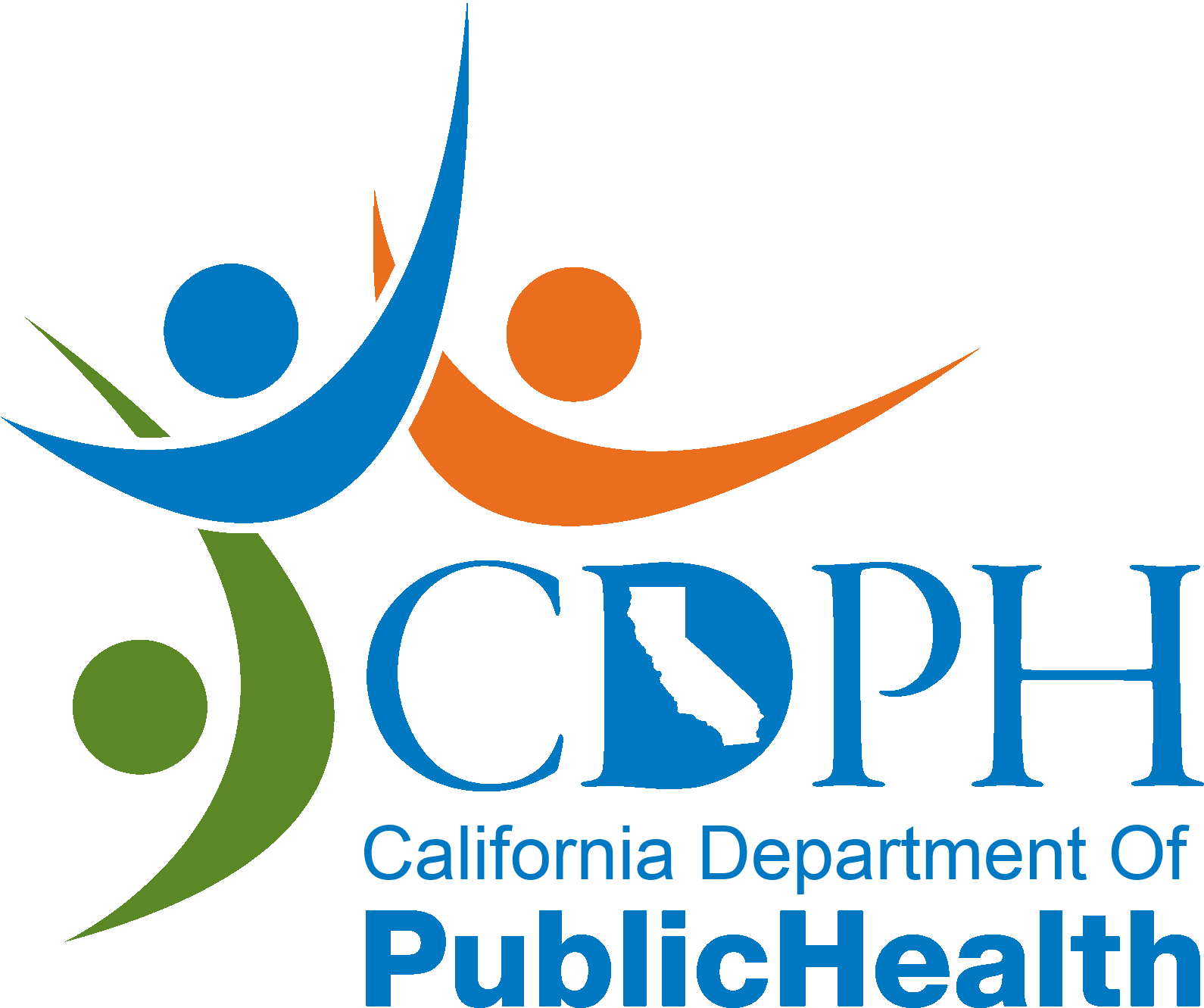Understanding common types of abuse will better prepare you to identify them when you see them, whether it be in a relationship that you are in or one that you are observing. Here are some of the common types of abuse that can take place in a dating relationship: physical abuse, emotional and verbal abuse, sexual abuse, financial abuse, digital abuse, and stalking. This is the second week of our series: Defining Dating Abuse, which will cover each type of abuse that is listed above. Last week we covered the topic of physical abuse, so if you missed that article, click here to read it. Today, we will cover the topic of emotional and verbal abuse.
Emotional abuse includes non-physical behaviors such as threats, insults, constant monitoring or “checking in,” excessive texting, humiliation, intimidation, isolation, or stalking. Relationships can still be unhealthy or abusive even without physical abuse.
Examples of behaviors that qualify as emotional or verbal abuse include:
- Calling you names or putting you down.
- Telling you what to do or wear.
- Yelling or screaming at you.
- Intentionally embarrassing you in front of others or starting rumors about you.
- Preventing you from seeing or communicating with friends or family, or threatening to have your children taken away from you.
- Damaging your property (throwing objects, punching walls, kicking doors, etc.)
- Using online communities or communications to control, intimidate, or humiliate you.
- Blaming abusive or unhealthy behavior on you or your actions.
- Being jealous of outside relationships or accusing you of cheating.
- Stalking you or your loved ones.
- Threatening to harm you, your pet(s), or people in your life.
- Threatening to harm themselves to keep you from ending the relationship.
- Gaslighting you by pretending not to understand or refusing to listen to you; questioning your recollection of facts, events, or sources; trivializing your needs or feelings, or denying previous statements or promises.
- Making you feel guilty or immature when you don’t consent to sexual activity.
- Threatening to expose personal details, such as your sexual orientation or immigration status.
Emotional abuse may not always cause visible harm, but it does cause emotional pain and scarring and may eventually lead to physical violence. Constantly being criticized, told you aren’t good enough or made to question your grasp on reality can cause you to lose confidence in yourself and lower your self-esteem. As a result, you may start to blame yourself for your partner’s abusive behavior. Resist this impulse to do that. Remember that emotional abuse is never your fault and that you deserve to be in a healthy relationship where you are safe and respected. Talk to someone you trust like a close friend, family member, or mentor, and make a plan for your safety. What is a safety plan? A safety plan is a personalized, practical plan to improve your safety while experiencing abuse, preparing to leave an abusive situation, or after you leave.
If you find yourself in an unhealthy or abusive relationship, there is help out there for you. Please reach out to STAND! or call their crisis line at (888) 215-5555. If you need help defining your relationship, please reach out to loveisrespect.org by calling their National Teen Dating Abuse Helpline at (866)331-9474 or text “LOVEIS” to 22522.
Options Health is a safe place where you can confidentially come and discuss sexual health, pregnancy, and relationship issues with one of our patient advocates. Feel free to contact us today to take advantage of our free services, including pregnancy testing, ultrasound, pregnancy options consultation, STD testing, and abortion aftercare. Call us or text us to schedule an appointment. We are here for you and ready to listen!
source: https://www.loveisrespect.org



